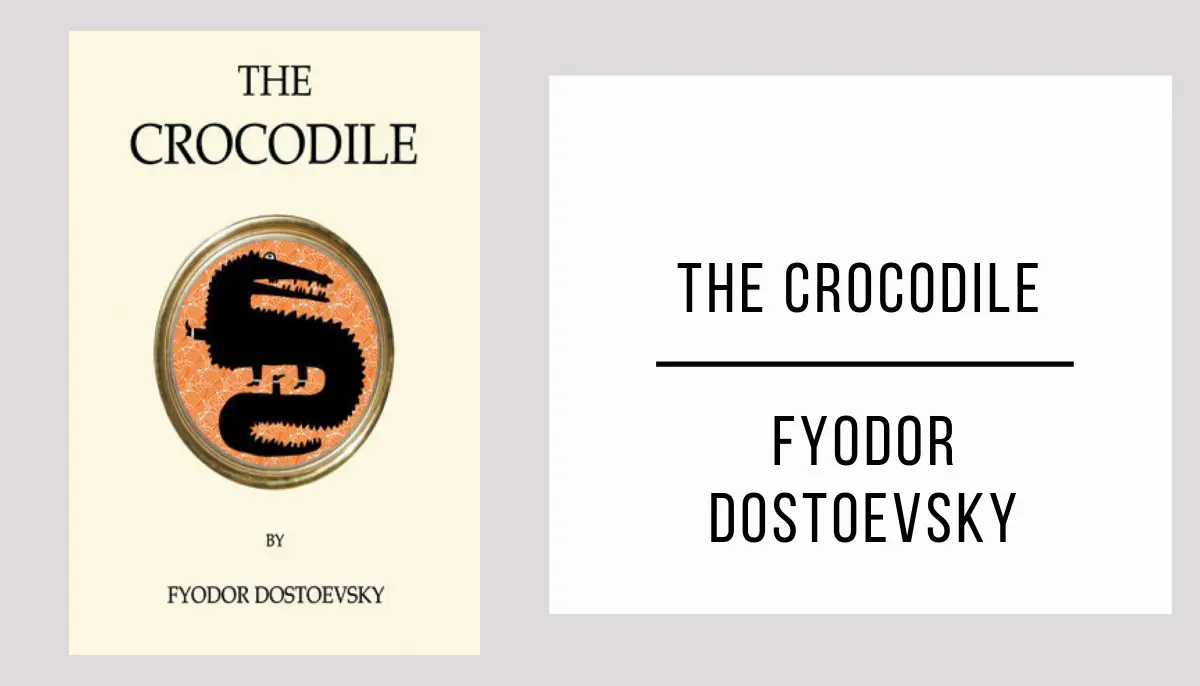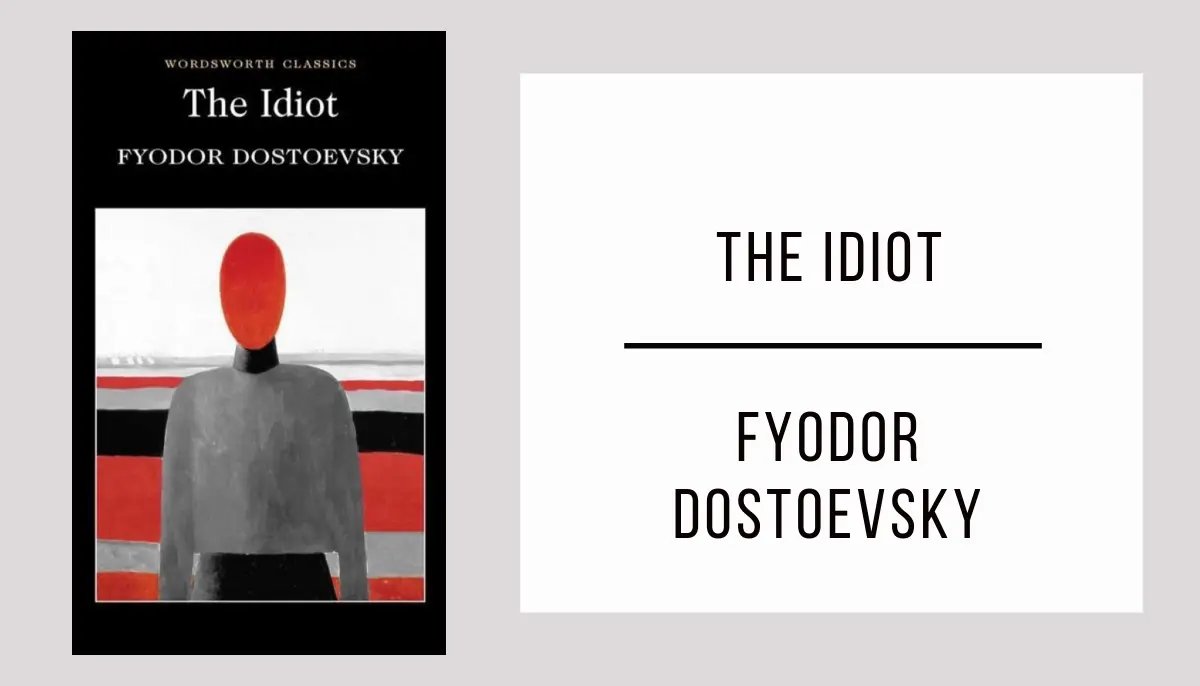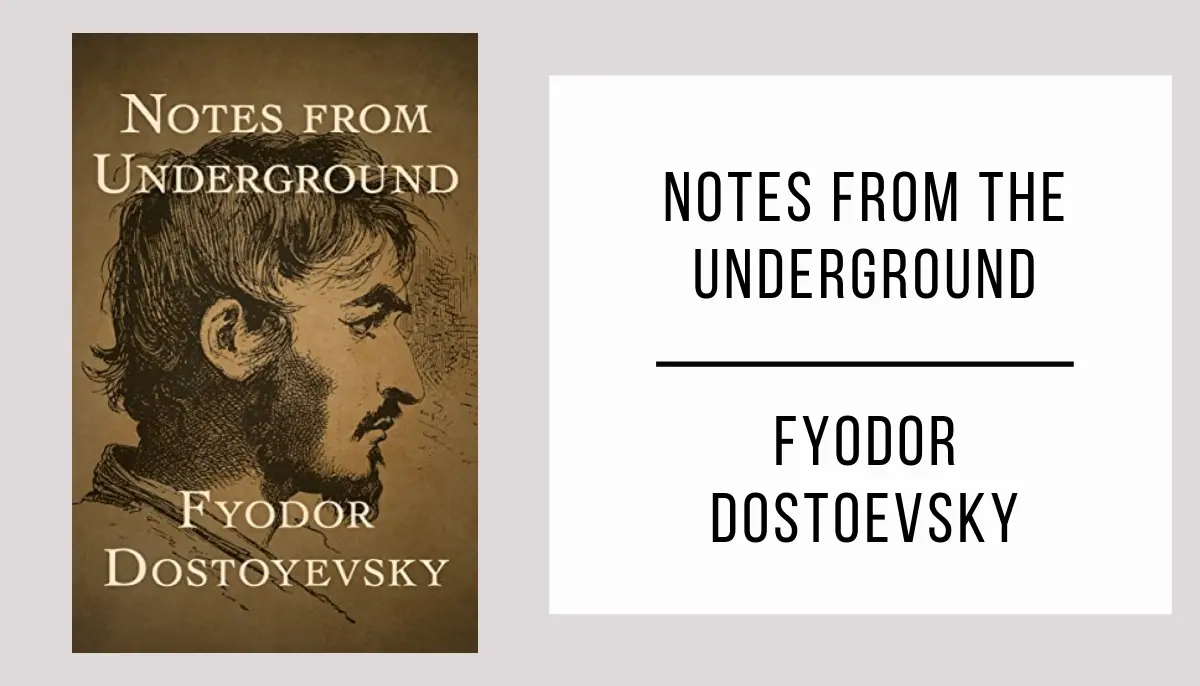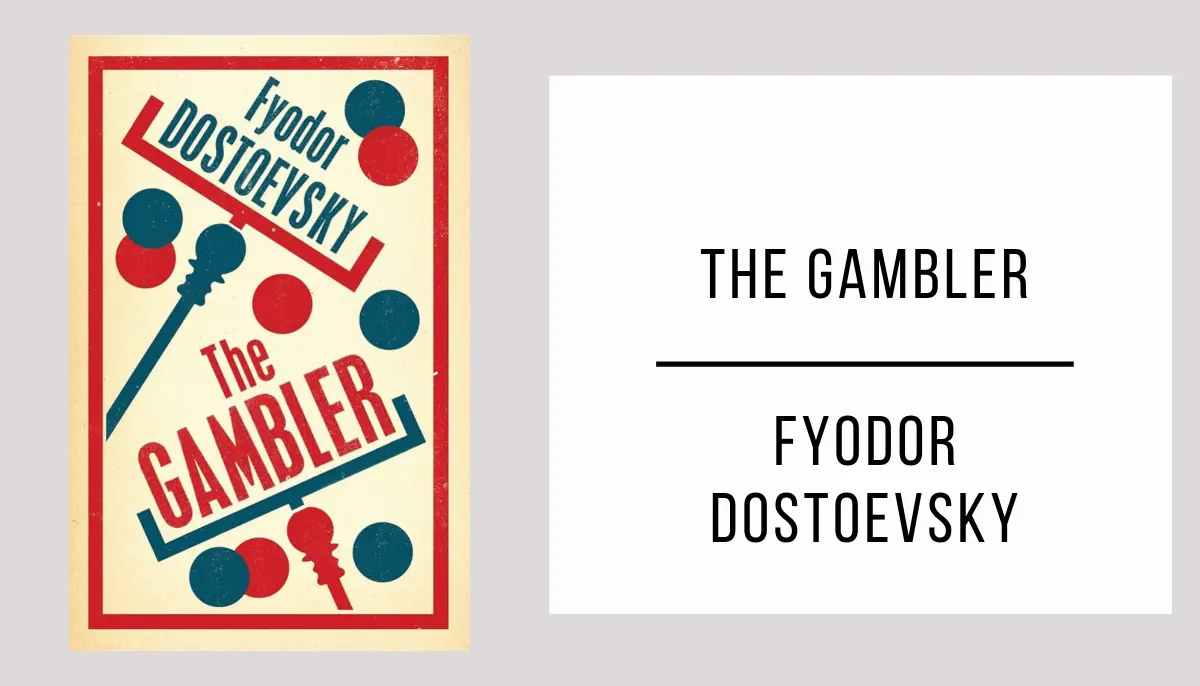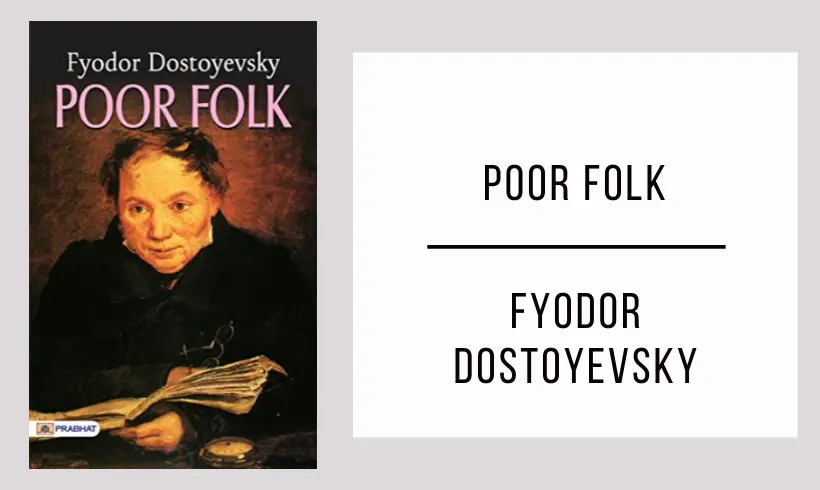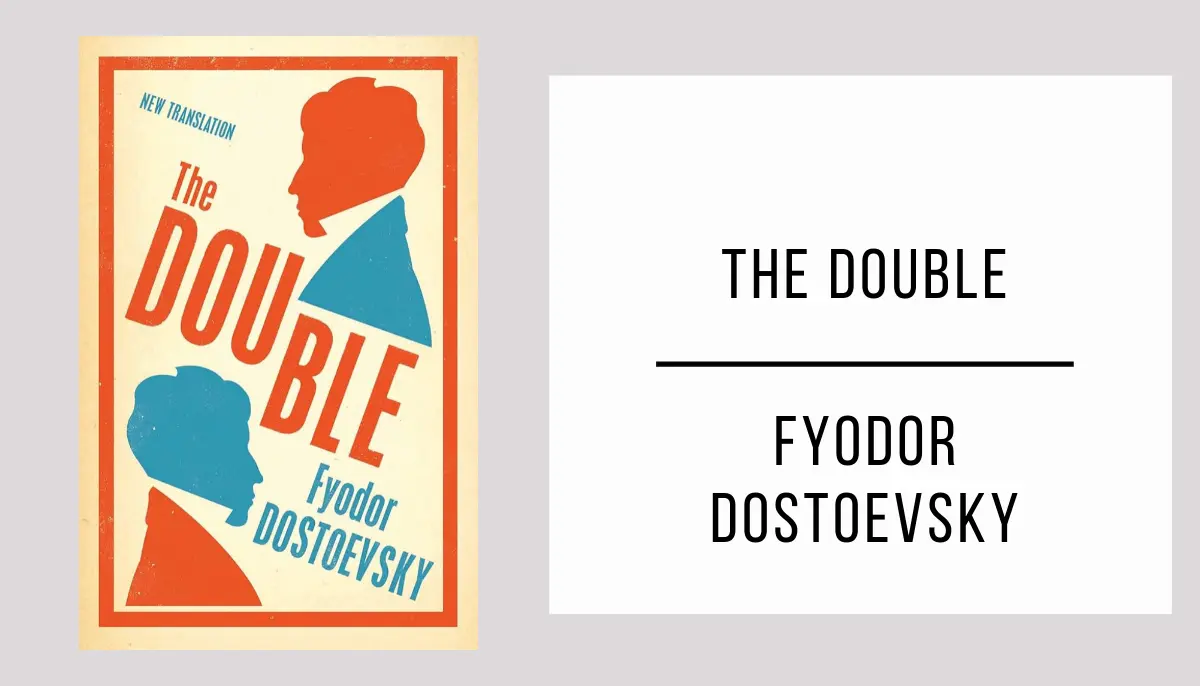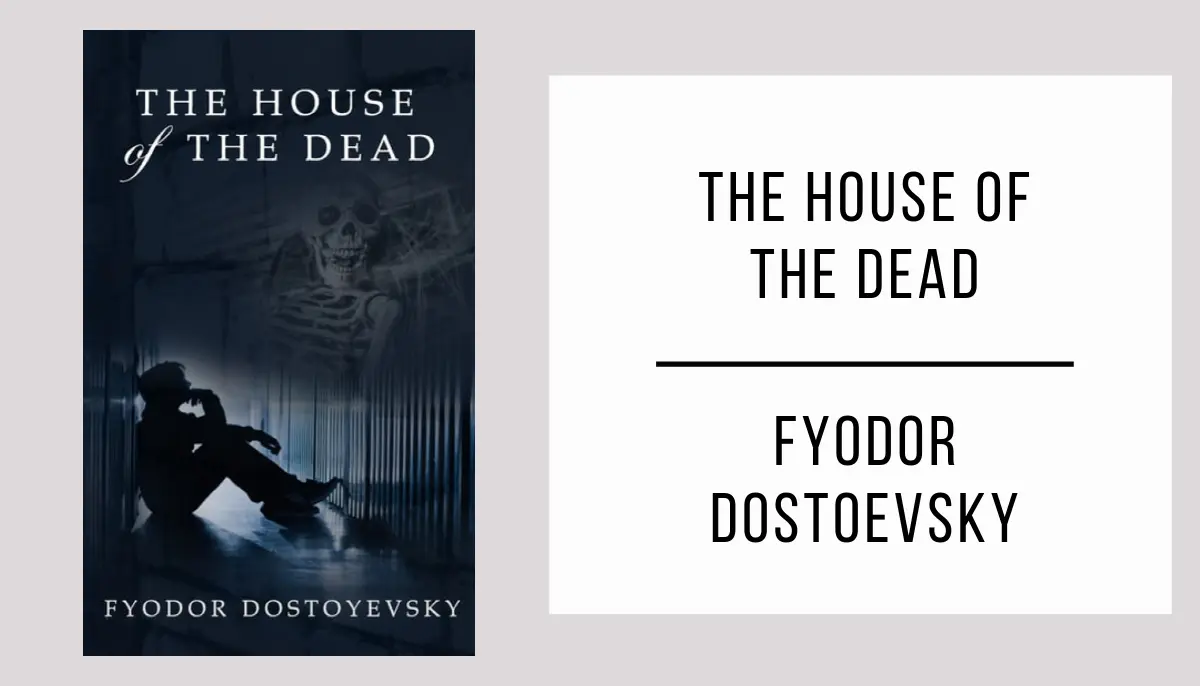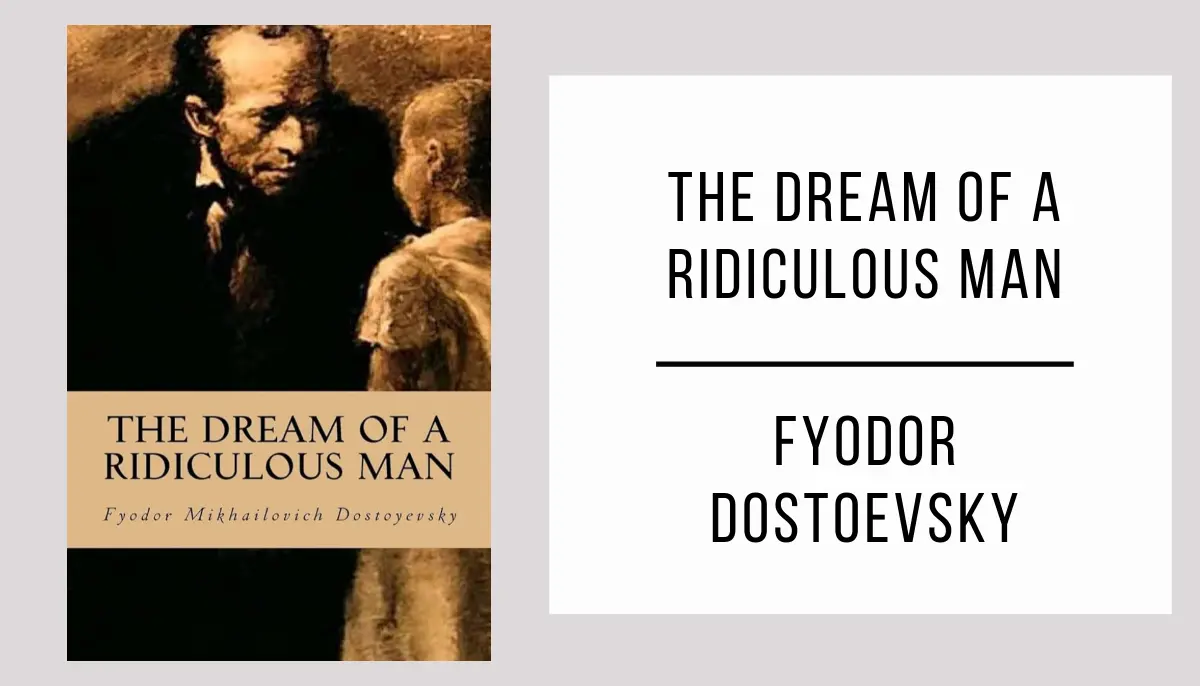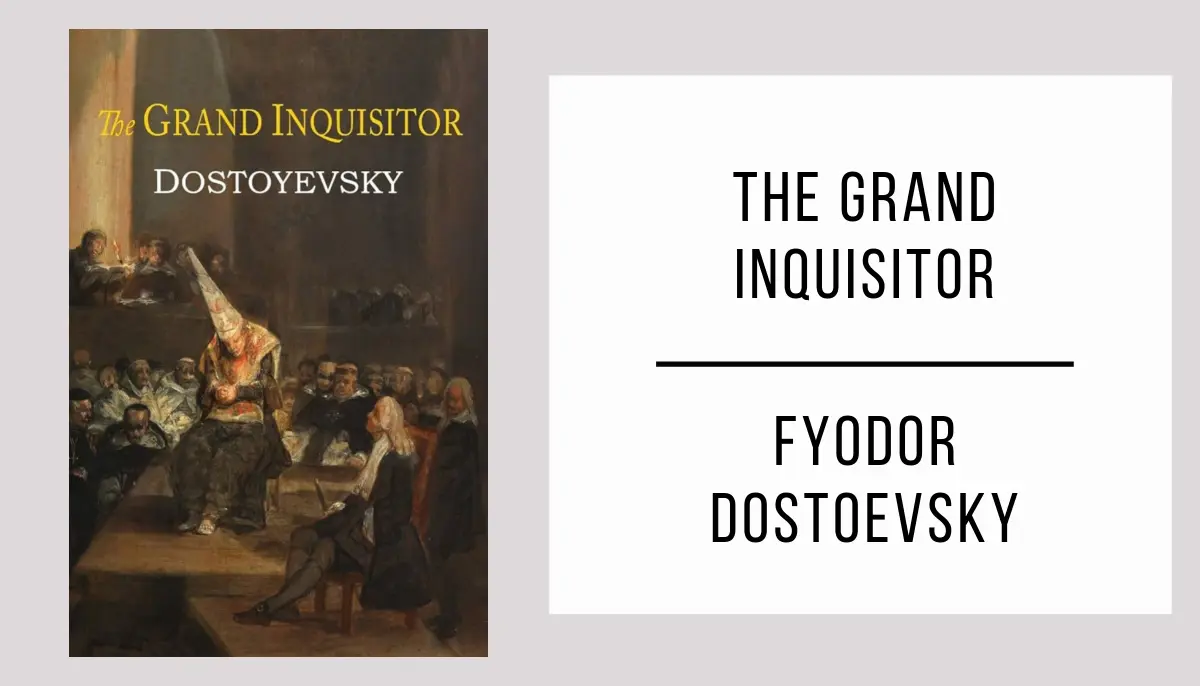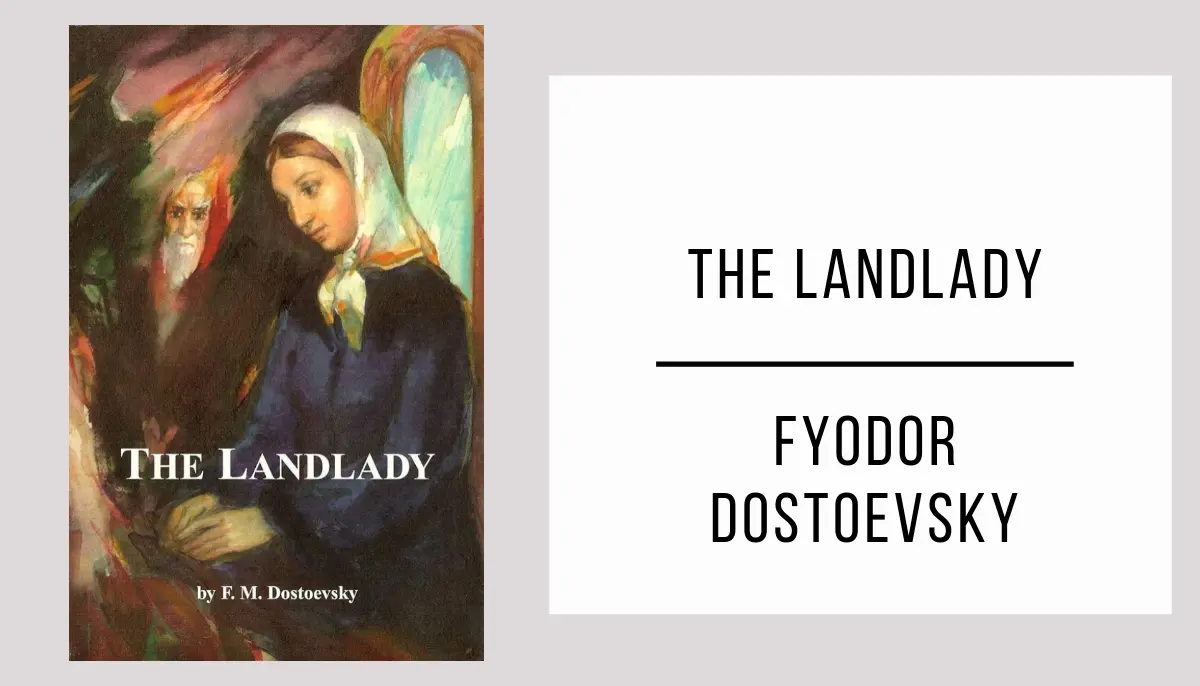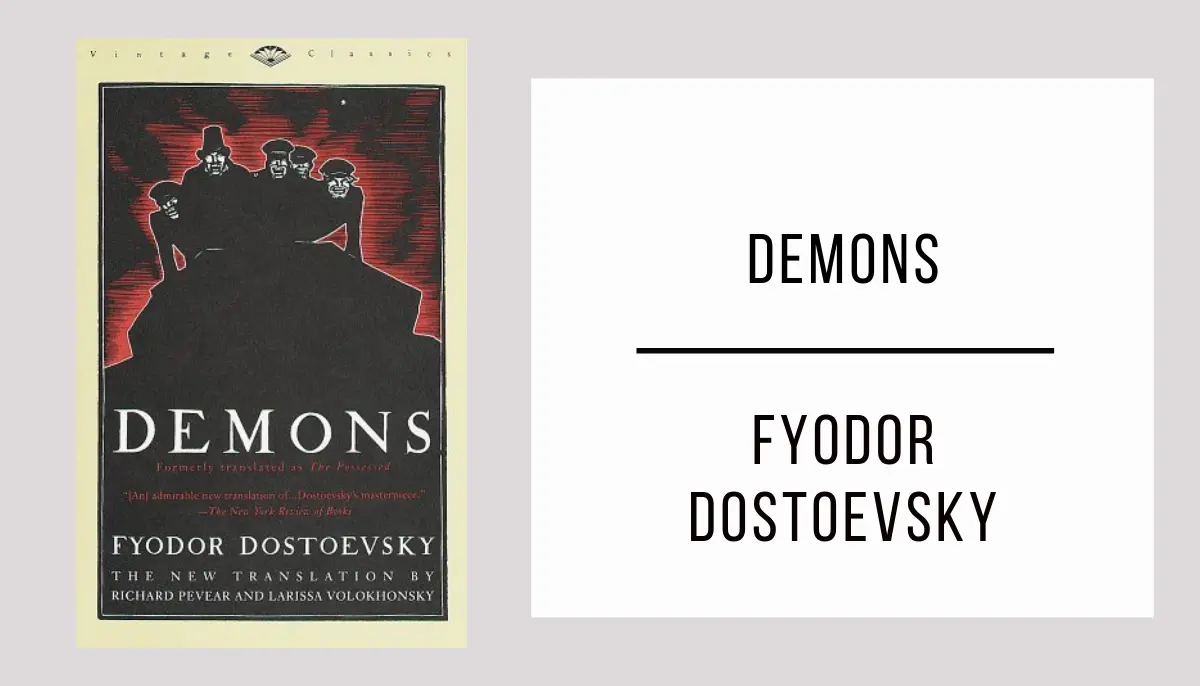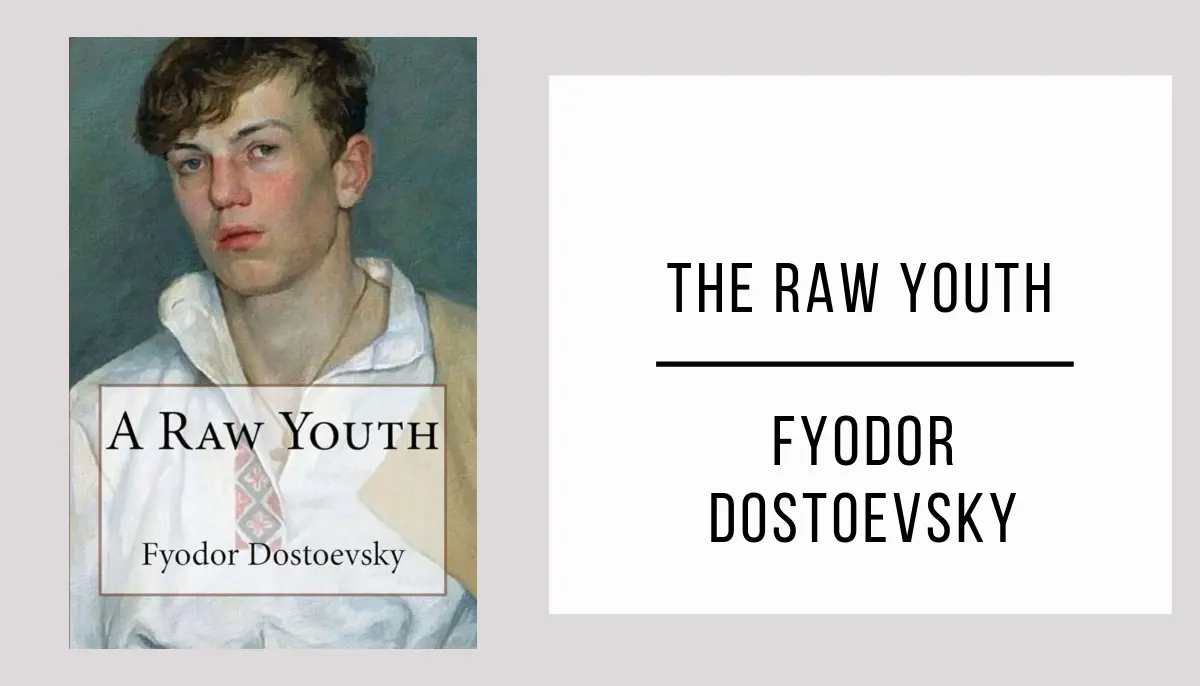“The Crocodile” is a captivating tale written by Fyodor Dostoyevsky that immerses you in a world of speculative fiction and satire.
Download a free PDF copy of “The Crocodile” right now and delve into this fascinating story that will grip you from the very first page.
Don’t miss the opportunity to explore the depths of society and political critique through Fyodor Dostoyevsky’s masterful pen in “The Crocodile.”
The Crocodile in PDF
*Wait a few seconds for the document to load, the time may vary depending on your internet connection. If you prefer, you can download the file by clicking on the link below.
Loading fileInformation The Crocodile
- Author: Fyodor Dostoevsky.
- Publication Date: 1865.
- Main Characters:
- Ivan Matveich: a bureaucrat and main protagonist.
- Trubetskoy: a corrupt official.
- The crocodile: a giant creature that devours Ivan and becomes a central element of the plot.
- Brief summary: The protagonist, Ivan Matveich, is swallowed by a crocodile while visiting a zoo. Despite his desperate situation, Ivan continues to maintain his job and everyday life inside the crocodile’s stomach. As the story progresses, themes of alienation and absurd bureaucracy are explored, as Ivan faces a series of challenges and finds himself in a lamentable emotional and physical state.
- Thematic analysis: “The Crocodile” addresses themes such as alienation, criticism of bureaucracy, and the absurd human condition. Through the metaphor of the protagonist trapped in the stomach of a crocodile, Dostoyevsky reflects on the loss of identity and the struggle to maintain dignity in an oppressive and dehumanizing environment.
- Historical context: “The Crocodile” was published in 1865, during the period known as Russian Realism. Fyodor Dostoyevsky, recognized as one of the great writers of this literary movement, portrays the Russian society of the time, criticizing bureaucracy and the negative aspects of the social system. Additionally, it reflects the influence of existentialist philosophy and the author’s pessimistic view of the human condition.


